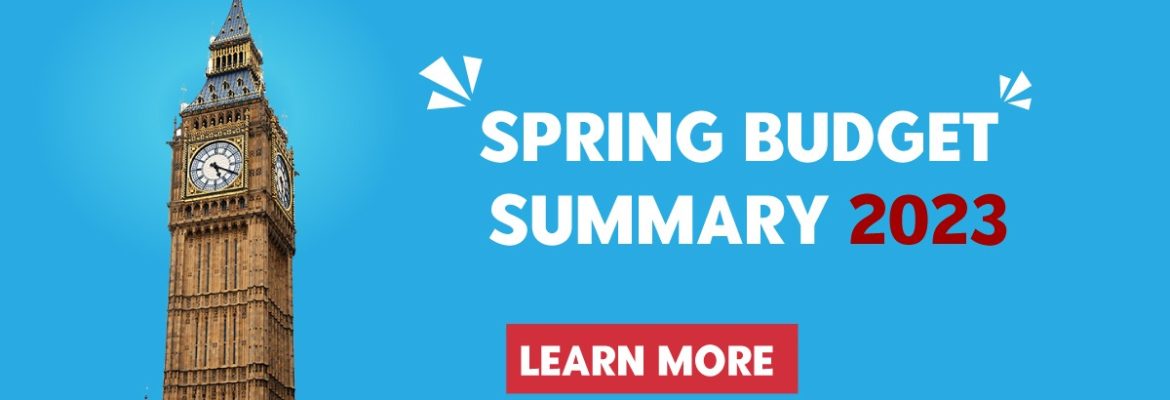Many people aspire to be self-employed, and if you are an individual running your own business, you are considered a “Sole Traders.” There are many benefits to being a sole trader, such as the ability to set your own schedule and achieve a good work-life balance. Additionally, you get to keep all of your business’s […]




